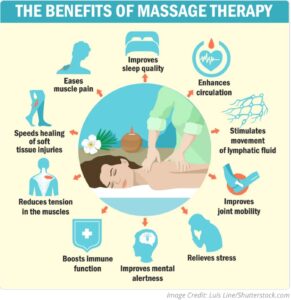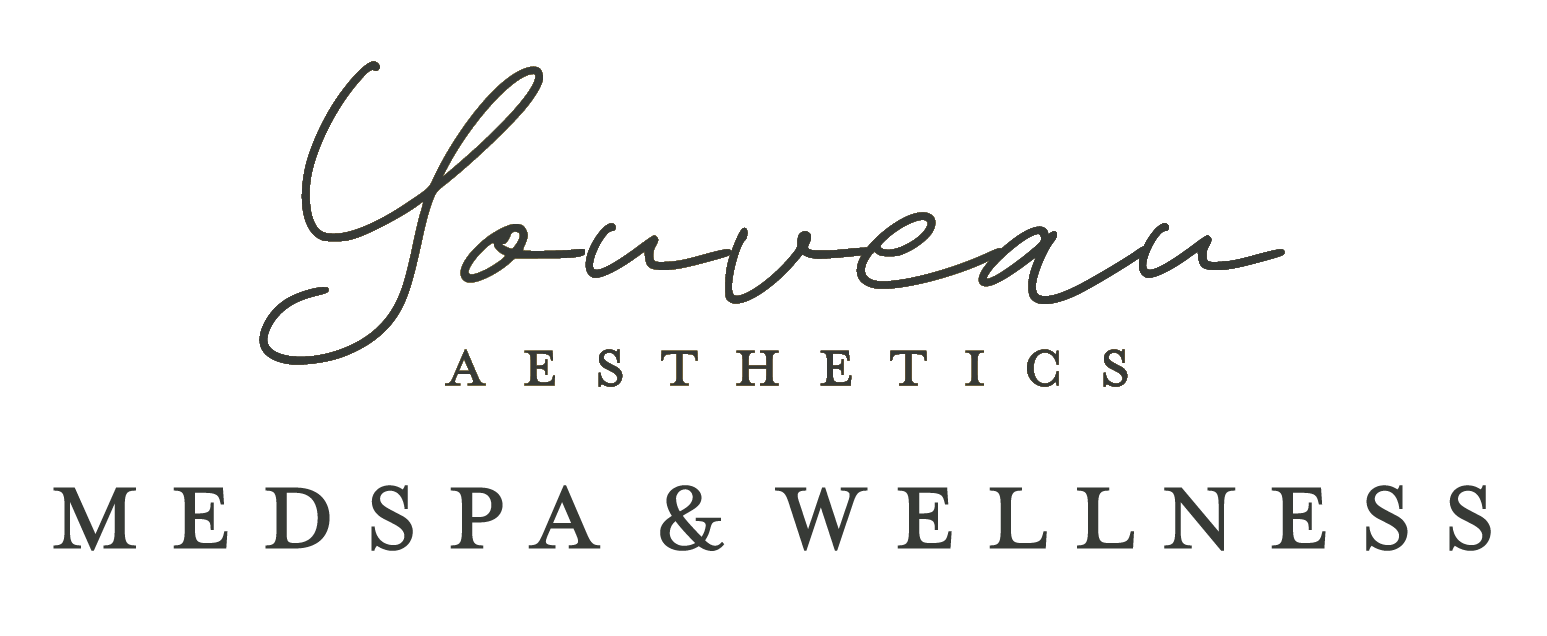
The history of massage therapy dates back to 3000 BCE (or earlier) in India, where it was considered a sacred system of natural healing. Massage has been shown to lower levels of the stress hormone cortisol and increase levels of the feel-good hormone serotonin, which can promote feelings of calm and relaxation. Massage therapy can also help relieve muscle tension and pain.
We offer 60, 90, and 120minute massages. All massages include complimentary aromatherapy, CBD, and or hot towels with optional upgrades including hot stones or cupping.
Therapeutic/ Swedish- involves using light, gentle strokes. This is meant to be relaxing and calming.
Thai
Hill explains how Thai massage works, what benefits you may get from it and what to expect during a Thai massage session.
What is Thai massage?
During a Thai massage, which is typically about 90 minutes per session, a therapist focuses on clearing sens, which according to traditional Thai massage means internal energy pathways, through movements and stretches.
“Thai massage has strong spiritual components based on Buddhism,” explains Hill. “The goal is to move your internal energy throughout your organs and body systems to achieve wellness. And your therapist is trained to send you loving kindness, or metta, during your session.”
Unlike Swedish massage or other Western massage techniques, which use a massage table, Thai massage starts with a mat or massage mattress on the floor. And unlike other massages, which have you remove most of your clothes, with Thai massage, you can leave your clothes on. Loose-fitting clothes are preferred.
It’s important to note that only a small percentage of massage therapists can properly perform Thai massage, so make sure you find someone who is certified in Thai massage.
Thai massage benefits
Increases flexibility and range of motion
Research shows that Thai massage aids in increasing your flexibility and range of motion by improving your muscle’s blood flow and oxygen supply.
“Your flexibility is related to the function of your joints,” explains Hill. “When you increase the flexibility of the tendons, the range of motion then increases. If you fall outside the normal range of motion, we can work on improving that.”
Eases back pain
Research shows that if you have upper or lower back pain, Thai massage may help reduce your pain.
“A lot of it comes from the yoga poses that Thai massage is derived,” says Hill. “During a session, you’re loose and relaxed. This allows for the massage therapist to work on stretching.”
You may engage in yoga poses like pigeon pose and figure four, but with Thai massage, the massage therapist helps you hold those poses.
“There are twist poses we do as well,” she adds. “Those moves help mobilize the spine and begin to lubricate the joints in the spine.”
Reduces headache pain
For those with chronic headaches or migraines, research shows that a Thai massage session may help reduce their intensity.
And it’s worth noting that you may feel the benefits of Thai massage when it comes to headaches for a few days up to 15 days.
“Massage, in general, can help with tension headaches and migraine headaches caused by cervicogenic pain,” explains Hill. “Cervicogenic pain is due to the tightness of the neck muscles. Thai massage helps loosen up those muscles that are causing the headache.”
Hill notes that if you have certain types of headaches like cluster headaches or ocular headaches, you should see your doctor for treatment.
Lowers stress and anxiety
What is one thing that Thai massage has in common with other kinds of massage therapy? According to research, Thai massage can be calming and relaxing, which in turn, may help lower stress and anxiety.
Hill says that many people fall asleep during a Thai massage because it’s so relaxing.
“Your massage therapist begins to gently work on you, followed by stretching and then yoga poses,” she clarifies. “Most people fall asleep because they don’t have to do any work.”
Aids in digestion
Thai massage is considered a “toe-to-head” massage, which includes an abdominal massage.
“There are some energy points within the abdomen that can be manipulated with a deep abdominal massage,” Hill notes. “It may improve digestion because we’re moving that energy around.”
Who should consider getting a Thai massage?
- Heart disease.
- Hypertension or high blood pressure.
- Osteoporosis.
- Diabetes.
- Cancer.
Additionally, Thai massage isn’t recommended for those who are pregnant.
Overall, Thai massage may help reduce stress, improve flexibility and ease back pain, so it may be worth exploring the ancient practice and how it may be beneficial to you.
“Thai massage can be very dynamic and can be great for those looking for a different massage experience,” reassures Hill.
Deep tissue firmer pressure massage. According to a 2018 reviewTrusted Source, deep tissue massage works to lengthen and relax deep tissue. This type of massage may help manage pain and increase a person’s range of motion.
Deep tissue massage may be a suitable option to treat sports injuries or chronic back pain. The technique is sometimes considered one type of therapeutic massage.
Benefits
May help back pain
A 2017 study looked at the effects of deep tissue massage in 31 males with ankylosing spondylitis, a form of arthritis.
The researchers divided the participants into two groups to receive either deep tissue massage or therapeutic massage without deep tissue massage techniques.
All participants had 10 massage sessions across 2 weeks, each session lasting for 30 minutes.
The study found that deep tissue massage significantly reduced pain compared to therapeutic massage.
May reduce high blood pressure
Research shows that sports massage may reduce heart rate and high blood pressure. However, there are limited studies that look at the effects of deep tissue massage on this condition.
Aids recovery after injury
Research suggests both deep and soft tissue release may aid recovery after an injury, such as an ankle injury.
Massage can help:
- relieve pain and stiffness
- improve circulation to reduce swelling or buildup of fluid around the injury
- speed up healing of muscle strains and sprains
- restore range of motion
Pregnancy
A 2016 case study suggests deep tissue massage helped reduce lower back pain in a 28-year-old pregnant person.
After 12 sessions of deep tissue massage lasting 30 minutes each, twice a week, the participant reported a reduction in lower back pain. Massage increases serotonin, which can relieve pain in the legs and back.
Massage therapy websites also suggest deep tissue massage can support

better sleep, improve sports performance, and break up scar tissue.
Therapeutic massage, including deep tissue massage, may also help with:
- Mental health: Massage may help reduce symptoms of stress, anxiety, and depression. It can also offer relaxation and improve coping mechanisms.
- Chronic lung disease: Massage may help improve respiratory function.
- Digestion: In addition to other therapies, massage may help with chronic constipation.
- Pain relief: Massage may help manage pain in conditions such as fibromyalgia, arthritis, and sciatica. It may also help treat headaches and control pain during childbirth.
